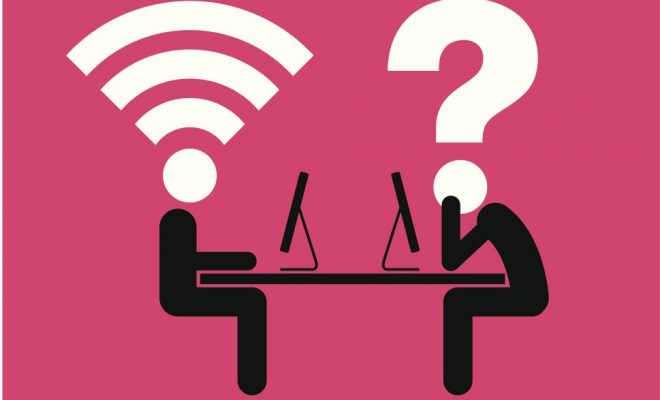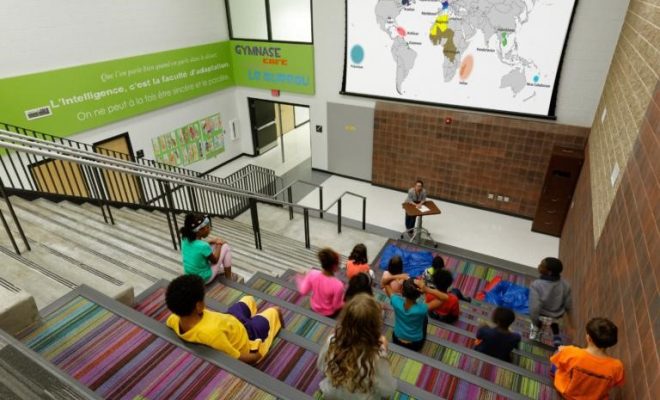Tech Should Only Be Used to Enhance the Teaching and Learning Process, Not Replace It

It’s so easy to be dazzled by edtech. When most of today’s educational stakeholders were themselves students, the epitome of high tech was VHS tapes, so it’s no surprise that VR, apps, and social networking seem like a stunning new vista.
Unfortunately, this sense of awe at the technological possibilities can lead to too little critical assessment of the role of edtech. While some have envisioned a world without human teachers, the research data on massive online open courses (MOOCs) and virtual charter schools has shown that students in those high tech environments are not even keeping pace with their peers in traditional classrooms.
Of course, given the substantial cost savings to be found in replacing human teachers with edtech, there are loud voices clamoring for the adoption of these platforms. But, given what the research data shows, this appears to constitute an enormous disservice—often to the students who are most in need of top-notch teachers.
Perhaps there will be a time when AI will do a better job than human instructors, but that day has not arrived. It isn’t even on the horizon. Rather, teachers will be the guides and coaches of the educational process for a long time to come. Which is not to say that edtech won’t be able to help them do their jobs better. But the model for the foreseeable future needs to be one that sees the human teacher as the central agent, aided by technology, rather than putting the edtech in the driver’s seat and allowing the teacher to function as merely a janitor and babysitter.
But that’s not a vision that will produce the best learning outcomes. Rather, teachers will need to be treated as professionals who vet, organize, and plan which edtech products to use—and how to use them—in a way that is most beneficial for each individual student.
But the temptation to replace human work with edtech isn’t limited to the teaching side of the equation. It’s true of students as well. Learning has to happen—not all information can be Googled. For example, there have been those who have argued that spelling should not be taught: what’s the point in the age of spell check? However, those who study reading have known for years that spelling instruction is essential for most students because of its impact on their ability to comprehend what they read.
In short, the challenge of edtech is to use it as a tool to help learners and instructors—not as a replacement for them.






